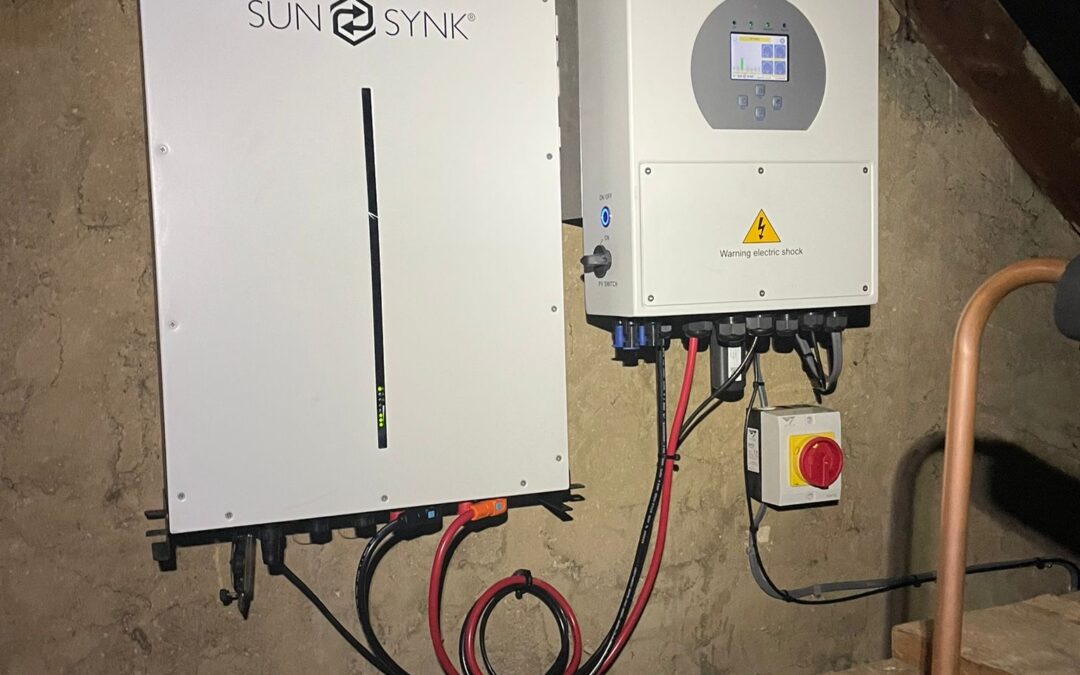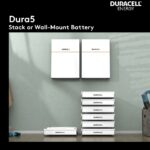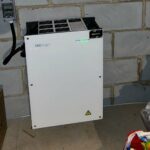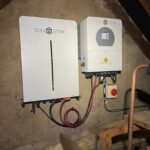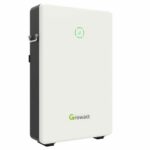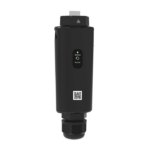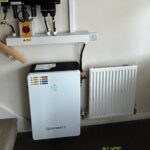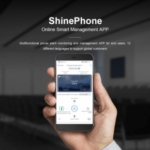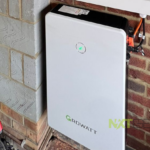The British Standards Institute (BSI) has recently released new recommendations regarding home battery installations, including those in loft spaces. One common inquiry we receive from our customers following the publication of the Publicly Available Specification (PAS) is whether a solar battery can be installed in a loft. The answer is a resounding yes, with some important details to consider.
The new PAS 63100:2024 is NOT a regulation
The PAS 63100:2024, issued by the BSI in March 2024, outlines that solar batteries should not be installed in voids, roof spaces, or lofts. However, it is crucial to understand that this PAS is not a regulation but rather a best practice guide. It is designed for entities like local authorities and housing associations to develop specifications that align with their installer partners. Essentially, it serves as a rapid standardization tool that defines optimal practices for products, services, or processes.
Until the new PAS is officially adopted as a British Standard, it remains a recommendation. It is anticipated that the document will undergo revisions based on industry feedback over time.
The new PAS 63100:2024 may be subject to change
It is worth noting that the PAS 63100:2024 recommendation will likely be subject to amendments from feedback from the solar industry over time.
For example:
- The document may not take into account newer, safer battery technology
- Fire ratings, or mounting options of products may not be taken into consideration
What the new regulations say
In accordance with official regulations, as long as certain considerations are met – such as having a fire alarm, smoke alarm, adequate lighting, and accessible entry points – solar batteries can indeed be installed in lofts. For comprehensive details, refer to Section 11, Table 11.1 of the IET Code of Practice, Electrical Energy Storage Systems, 2nd Edition.
It is important to note that regulations always take precedence over recommendations like the new PAS from the BSI. Stay informed and compliant to ensure safe and efficient solar battery installations.
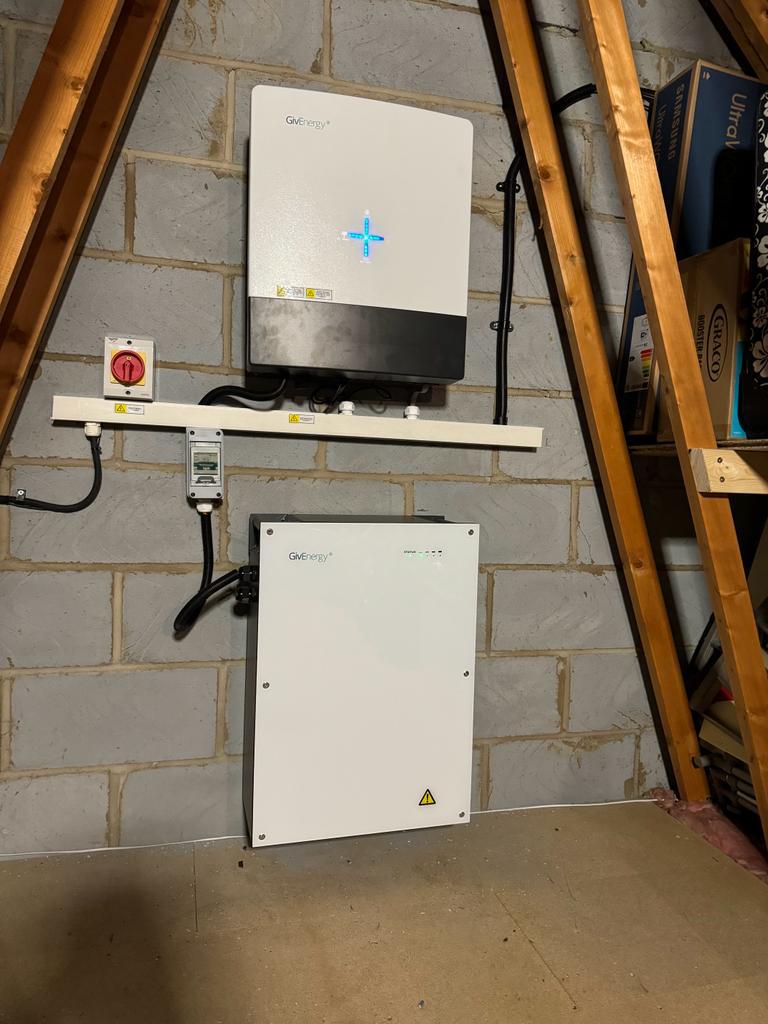
What the MCS say
The standards body of the UK renewable energy industry, the MCS, is due to discuss the PAS 63100:2024, issued by the BSI in a meeting in July 2024.
TL;DR in terms of installation advice
Can solar batteries be installed in a loft?
Yes, solar batteries can be installed in lofts as long as appropriate siting, lifting, access, and regulations are taken into consideration to ensure safety and that historic installations are not affected.
It is important to note that this type of installation may not align with the current PAS best practice guidelines. If left unamended, this standard may be adopted by home-builders and others for new installations.
Therefore, it may be advisable to explore alternate locations for siting solar batteries in future projects.
Conclusion
This is a fast-moving process. We will keep you updated should there be any changes.
Remember…
We recommend that all solar batteries, inverters, etc. must be installed by an accredited MCS Installer like NXTGEN Energy.
FAQ: Solar Battery Installation in Lofts
Yes, according to current regulations, you can install solar batteries in your loft as long as you meet specific safety requirements. These include having a fire alarm, smoke alarm, proper lighting, and an easily accessible entrance. For full details, refer to Section 11, Table 11.1 of the IET Code of Practice, Electrical Energy Storage Systems, 2nd Edition.
The British Standards Institute (BSI) recently issued a recommendation (PAS 63100:2024) discouraging loft installations. It’s important to note that this is not a regulation yet, but rather a best practice guide. The solar industry is expected to provide feedback, and the recommendation may be revised.
The current recommendation might not consider
– Newer, safer battery technology
– Fire safety ratings of specific battery units
– Mounting options for various battery systems
Not necessarily. Regulations currently allow loft installations if safety precautions are met. However, if the PAS becomes a standard, future installations might not be allowed in lofts. It’s advisable to discuss alternative locations with your solar installer.
We recommend using an accredited MCS installer like NXTGEN Energy to ensure a safe and compliant installation.
This is a developing situation. We recommend checking back for updates on any changes to regulations or best practices.
Latest Solar Battery Storage Posts
- Duracell Dura5: A Safe and Scalable Home Battery SolutionThe Duracell Dura5 Battery is shaking up the residential energy storage scene with its commitment to safety, performance, and adaptability. This Lithium Iron Phosphate (LiFePO4) battery system packs a punch with a 5.12kWh capacity (4.6kWh usable) and a reassuring 10-year warranty, ensuring long-lasting peace of mind for consumers. Safety First: The Power of LiFePO4 Chemistry… Read more: Duracell Dura5: A Safe and Scalable Home Battery Solution
- The Value Proposition of Battery Storage for Solar Panel SystemsIs your solar energy investment reaching its full potential? While solar panels gleaming on rooftops capture the sun’s rays, maximizing the utilization of that harnessed solar power is crucial for reaping the true rewards of clean energy. Solar battery storage holds the key, transforming your home or business into a self-sufficient energy hub. This post… Read more: The Value Proposition of Battery Storage for Solar Panel Systems
- SunSynk Batteries: Innovative Energy StorageSunSynk Batteries have emerged as a leading solution in the realm of energy storage, offering a range of innovative features and benefits that cater to various applications. With a focus on sustainability and cutting-edge technology, SunSynk Batteries have captured the attention of residential, commercial, and industrial consumers alike. This blog post delves into the intricate… Read more: SunSynk Batteries: Innovative Energy Storage
- Solar Industry Update: Battery Installations in LoftsThe British Standards Institute (BSI) has recently released new recommendations regarding home battery installations, including those in loft spaces. One common inquiry we receive from our customers following the publication of the Publicly Available Specification (PAS) is whether a solar battery can be installed in a loft. The answer is a resounding yes, with some… Read more: Solar Industry Update: Battery Installations in Lofts
- Who are NXTGEN Energy Ltd?NXTGEN Energy Ltd are a solar energy company based in Rayleigh, Essex, UK. They specialize in the installation of solar panels, battery storage systems, and electric vehicle chargers for homes and businesses across the UK. They are MCS certified, which means they meet the Microgeneration Certification Scheme’s standards for quality and safety. This makes them… Read more: Who are NXTGEN Energy Ltd?
- Quick Guide to Solar Batteries and StorageThe Sun: Our Brightest Battery The world of renewable energy is a constantly evolving landscape, and solar power has emerged as a clear leader in the race towards sustainability. As the demand for clean and efficient energy solutions soars, so does the importance of understanding the key components that make solar installations truly effective. One… Read more: Quick Guide to Solar Batteries and Storage
- How to Monitor Your Growatt Inverter with the Shine LAN-X DongleIf you have a Growatt inverter and you want to monitor its performance and status online, you might be interested in the Shine LAN-X dongle. This is a device that connects your inverter to your router via an Ethernet cable, allowing you to access the Shine Server platform and view your data on your computer… Read more: How to Monitor Your Growatt Inverter with the Shine LAN-X Dongle
- Solar Panel FinancingAt NXTGEN, we are committed to delivering excellent service and we understand that many customers may prefer the option of paying for their solar panels with finance. So, we’ve partnered with established credit brokers, Ideal4Finance, to enable customers to spread the cost of purchase with manageable monthly payments. We can offer 3 Flexible Finance Options… Read more: Solar Panel Financing
- Q4 2023 Marks Record Increase in Battery Energy Storage CapacityIn a significant development for the renewable energy sector, the end of 2023 witnessed the largest quarterly surge in battery energy storage. According to Modo Energy (https://modoenergy.com), a renowned energy research consultancy, a staggering 420MW of new battery energy storage capacity became commercially operational during this period. This remarkable achievement represents a remarkable 13% increase… Read more: Q4 2023 Marks Record Increase in Battery Energy Storage Capacity
- No More VAT On Solar Battery StorageUK Government announces 0% VAT on Solar Battery Storage Systems In a momentous announcement made in December 2023, the UK government has revealed substantial reforms to the current VAT relief on the installation of qualifying energy-saving measures. This development is cause for celebration among energy enthusiasts like us! Expanding on Chancellor Rishi Sunak’s previous announcement… Read more: No More VAT On Solar Battery Storage
- How to Monitor Your Growatt Inverter with the ShinePhone AppIf you have a Growatt inverter and you want to monitor its performance and status on your smartphone, you might be interested in the ShinePhone app. This is a mobile application that connects to the Growatt monitoring platform and allows you to access your inverter data anytime, anywhere. In this blog post, we will explain… Read more: How to Monitor Your Growatt Inverter with the ShinePhone App
- Growatt BatteriesGrowatt Batteries: A Smart Choice for Home Energy Storage If you are looking for a reliable, safe, and long-lasting battery solution for your home solar system, you might want to consider Growatt Batteries. Growatt is a leading manufacturer of solar inverters and battery storage systems, with over 10 years of experience and a global presence.… Read more: Growatt Batteries

